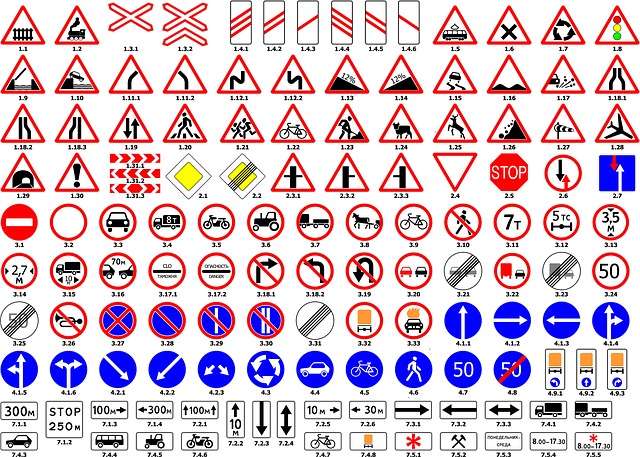
Non-observance implies the lack of due attention to a rule or norm.
The term non-observance comes from the Latin word inobservantia . The notion refers to the absence of observance .
As can be seen, to understand what non-compliance is, it is essential to first define the idea of observance. This is what is called the precise compliance with a rule, a norm or a law .
Concept of non-compliance
When there is no observance, ultimately, non-observance appears: the lack of due care or attention to a regulation , a principle, a statute, etc.
For example: "The government can be sanctioned for failure to comply with the protocol" , "Non-observance of traffic rules causes thousands of deaths a year" , "The Supreme Court sanctioned municipal authorities for failure to comply with their obligations" .
An example: the schedule for taking out the garbage
Suppose that, in a certain city , there is a regulation that requires removing waste from homes exclusively between 7 and 8 p.m. Each neighbor is also required to have a basket at the door of their house so that collectors can remove garbage from there.
Due to non-observance of this regulation , however, there are people who take out their bags in the morning, others at noon and even some who leave their waste directly on the sidewalk and not in the corresponding basket. These violations cause multiple inconveniences and make the area always dirty.

Failure to comply with the garbage removal schedule causes waste to accumulate in the streets.
Coexistence in harmony
In a case like this, non-compliance reaches a surface that exceeds the limits of the laws and affects other people directly. For this reason, in addition to asking ourselves why an individual ignores certain obligations that society imposes on him, we are interested in understanding whether he is aware of the harm he causes to his fellow citizens.
Although at first we may think that non-observance of a rule like this may arise as a form of rebellion, because we feel that it is not really necessary to comply with all the steps imposed by the authorities to take out the garbage, we must not forget that this lack of This will generates a series of truly unfair consequences in the neighbors who do act as responsible citizens. This is why non-compliance cannot be studied in isolation from its repercussions, since it is not a simple decision but one that triggers a variable number of negative situations for the environment.
Failure to follow medical instructions
Take, on the other hand, the case of a patient who fails to comply with his doctor's prescriptions and this leads to his death. The family members sue the professional, who manages to demonstrate that he did the right thing since he informed the deceased how he should take care of himself and what he had to do within the framework of his treatment . That is why the doctor manages to be acquitted, since the subject's death was a direct consequence of his failure to comply with the instructions.
Here we are faced with a case in which the person who defaulted did not intend to harm the doctor, although this occurred anyway after his death. The lesson it leaves us with is that non-compliance has a far-reaching reach and since it can negatively affect innocent people, we should always avoid it.
Synonyms of the concept
In the meaning of the term non-compliance we can notice different nuances, and this is clearly reflected in its synonyms. If we understand it as the failure to comply with a rule or a law, then we can replace it with some of the following: contravention, infraction, breach, informality, violation> and disobedience . On the other hand, in the case of inconsistency in the fulfillment of obligations , the most appropriate synonyms are: inconsistency and fickleness .
Finally, if we focus specifically on the act and not on the attitude, we can recognize the following synonyms of non-compliance : fault, crime, contravention and infraction .
